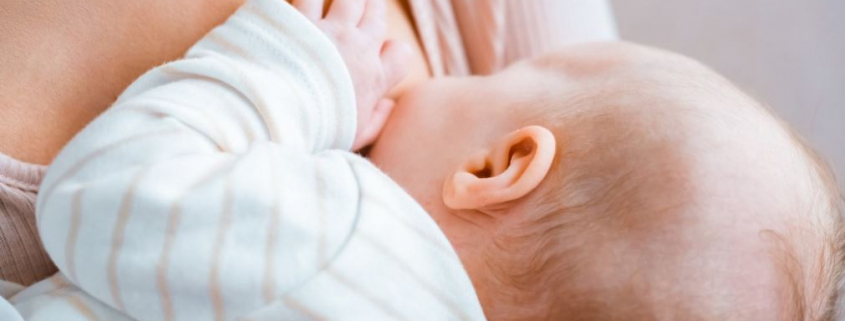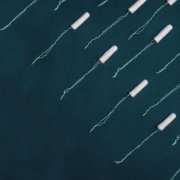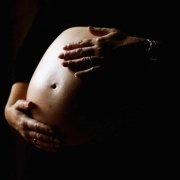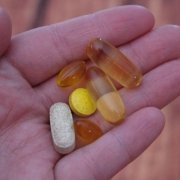What We Know About Vaccination, Breastfeeding, and Antibodies
An OB-GYN reviews the latest coronavirus research for lactating people.
Many new moms and lactating people are searching for definitive answers about the Covid-19 vaccine and breastfeeding. Considering more than 3.7 million individuals give birth in the United States per year, clear evidence-based guidelines are needed as soon as possible.
Nearly 110 million doses have been administered in the United States. All adults are on schedule to be vaccinated by the end of May, but cities including Dallas and Minneapolis are seeing a surge in cases linked to dangerous Covid-19 variants. Lactating people need fast, reliable answers.
Experts agree that lactating individuals are candidates for vaccination. The American College of Obgyn unequivocally states that Covid-19 vaccines should be offered to those who are breastfeeding.
New evidence shows the vaccine benefits might be even better than we thought. Early data indicates vaccinated individuals may pass protective antibodies through breast milk. Vaccinating someone who plans to breastfeed may result in a “two-for-one special.”
A new preprint report titled “SARS-CoV-2 antibodies detected in human breast milk post-vaccination” is the first study to verify that moms pass protective antibodies through breast milk after vaccination. Most scientists anticipated breast milk would contain Covid-19 antibodies based on past vaccine experience. Antibodies are present in breast milk within five to seven days of other viral vaccinations such as Tdap and influenza.
Scientists have shown already that moms pass protective antibodies to their baby after Covid-19 infection. Previous research also demonstrated that these mothers produce antibodies and secrete them into their breast milk. An unanswered scientific question is “Do Covid-19 vaccinated individuals also secrete protective antibodies into breast milk?”
The small study evaluated breast milk samples from women after they had been vaccinated. Researchers tested the milk samples for SARS-CoV-2 specific IgG and IgA antibodies until 14 days after the mothers received their second dose of the Pfizer or Moderna vaccines.
The findings showed a significant antibody response in breast milk beginning seven days after the mother received the first vaccine dose. While the study’s small sample size of six patients is just a start, the results are a groundbreaking proof of concept. The research indicates that vaccinated individuals pass protective antibodies into their breast milk.
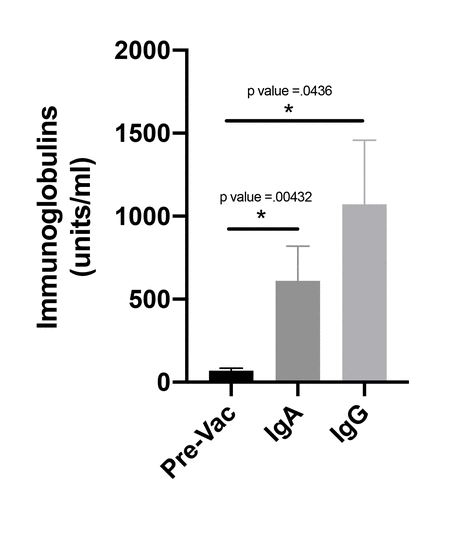
Photo: Screenshot from Medrxiv.org
Antibody transfer is good news for babies because a newborn’s immune system is not fully developed. Babies rely on maternal antibodies from blood and breast milk to help protect against various infections.
The study also showed that vaccinated individuals had higher levels of and longer-lasting antibodies than those who had antibodies from a natural infection. Further research is needed to determine how long the breast milk antibody response lasts and the degree to which these antibodies offer protection to the baby.
Each day scientists learn more about the novel coronavirus’s effects on pregnant people, newborns, and Covid-19 vaccination in pregnancy. Guidelines change as we discover new information. We are no longer separating Covid-19 mothers from babies or preventing them from breastfeeding.
Simultaneously, dangerous social media rumors and conspiracy theories falsely linking vaccines to infertility and miscarriage create fear and mistrust among the general public. Because SARS-CoV-2 is a new virus, the recommendations will continue to be updated as we learn more. The dynamic nature of rapidly changing guidelines gives those who spread misinformation an opening to seed doubt.
Current research shows most pregnant people who contract Covid-19 have excellent outcomes but have an increased risk of ICU admission and preterm labor. We also know that most babies born to a mother who contracts Covid-19 do well with low rates of neonatal infection due to the protective role of the placenta.
Based on the known risks of Covid-19 infection in pregnancy, pregnant and lactating people are eligible for any one of the three Food and Drug Administration-approved vaccines.
The Covid-19 vaccines from Pfizer and Moderna use messenger RNA (mRNA). A single strand of mRNA delivers instructions to human cells to produce an antibody against the SARS-CoV-2 spike protein.
An Academy of Breastfeeding Medicine statement supported the safety of mRNA vaccines, saying that “while there is little plausible risk for the child, there is a biologically plausible benefit. Antibodies transferred into milk may protect the infant from infection with SARS-CoV-2.”
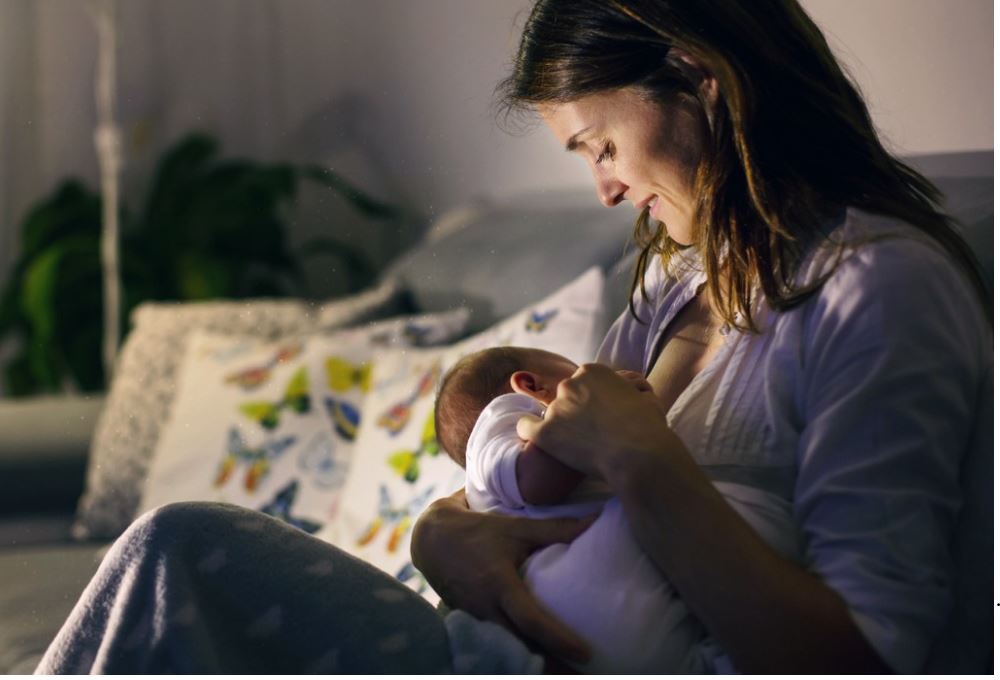
Photo: tatyana_tomsickova/istock by Getty Images
In addition to the mRNA vaccines, the FDA authorized the highly effective, single-dose vaccine from Janssen/Johnson & Johnson for emergency use. The Janssen vaccine uses Adenovirus 26 (AD26) as the vector to deliver DNA material into our cells to provoke an immune response. The FDA data show the Ad26 vector is rapidly cleared from tissue after injection and does not replicate. The rapid clearance and lack of replication mean that the vaccine components do not end up in breast milk.
None of the three FDA-approved vaccines contains a live virus. One cannot catch Covid-19 from the vaccine or spread the disease from the vaccines to a newborn through breastfeeding. The Centers for Disease Control and Prevention states: “Because non-live vaccines pose no risk for lactating people or their infants, COVID-19 vaccines are also not thought to be a risk. Therefore, lactating people may choose to be vaccinated.”
Pregnant patients can rest assured the three approved vaccines do not cause fetal genetic changes. Breastfeeding people can take comfort knowing the vaccine material does not enter breastmilk, and, even better, the early science indicates the vaccines pass protective antibodies into breast milk.
Pregnant and lactating individuals are categorized as 1B in most states and1C in others. To find a Covid-19 vaccine near you, click here.
Thank you Medium Coronavirus Blog for publishing this article on Medium.
Blog Author: Dr. Jeff Livingston
Main Blog Photo By: LightFieldStudios/iStock by Getty Images
